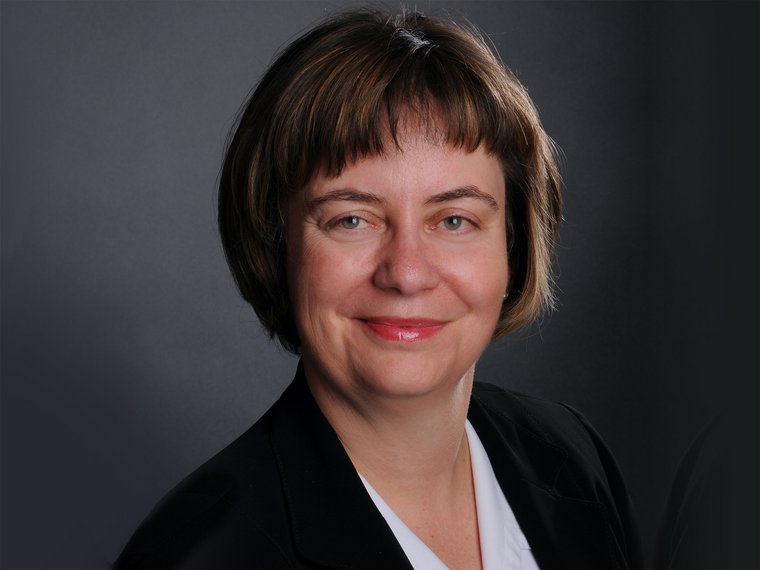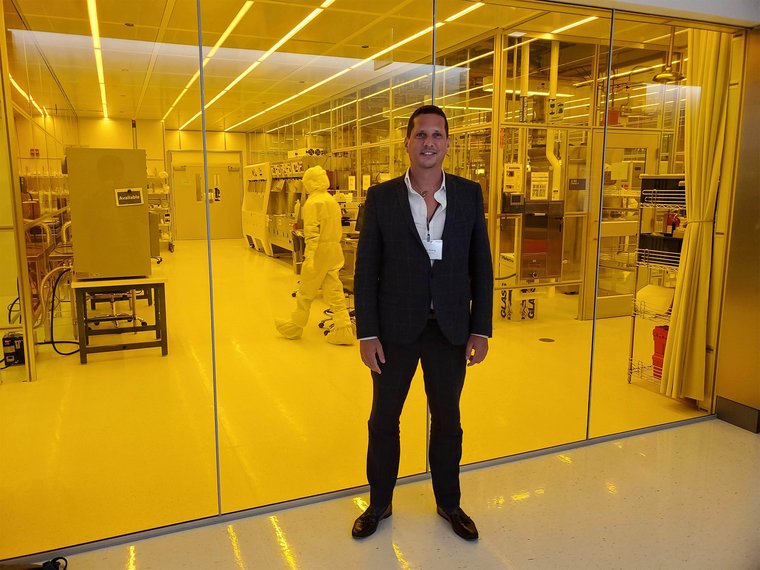What initially attracted you to the field of quantum computing?
Prof. Dr. Dreo Rodosek: Three years ago, the Research Institute CODE discussed becoming an IBM Quantum Hub. We felt we needed to be involved in this exciting technology, even though we had no idea about its potential. Today, the IBM Q Hub at the Research Institute CODE is up and running, and I can say that quantum computing really is the next big thing. It’s an exciting new paradigm and we probably can’t yet imagine how quantum technologies will influence our future.
André König: I became an entrepreneur working in AI after starting out as a management consultant. The global head of technology at one of the companies I worked with said I needed to focus on quantum computing, not AI, because the impact it has on the enterprise is exponentially greater. When I looked into it, what excited me about quantum was that it was a new technology at an inflection point. At that time work was mainly being carried out in labs, whereas other technology – including AI – was already beginning to scale. Like Gabi, I believe it has the potential to change the world.





